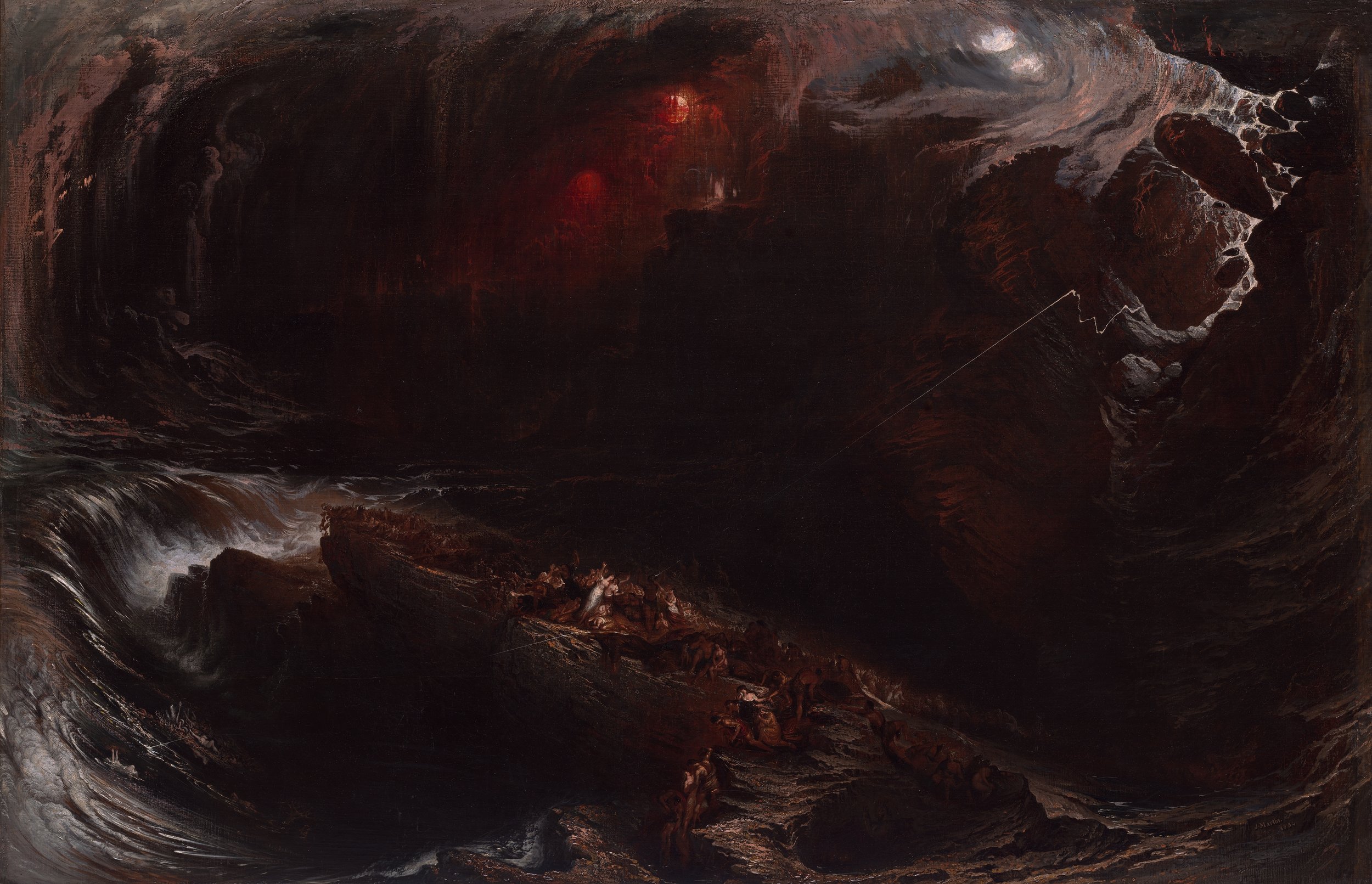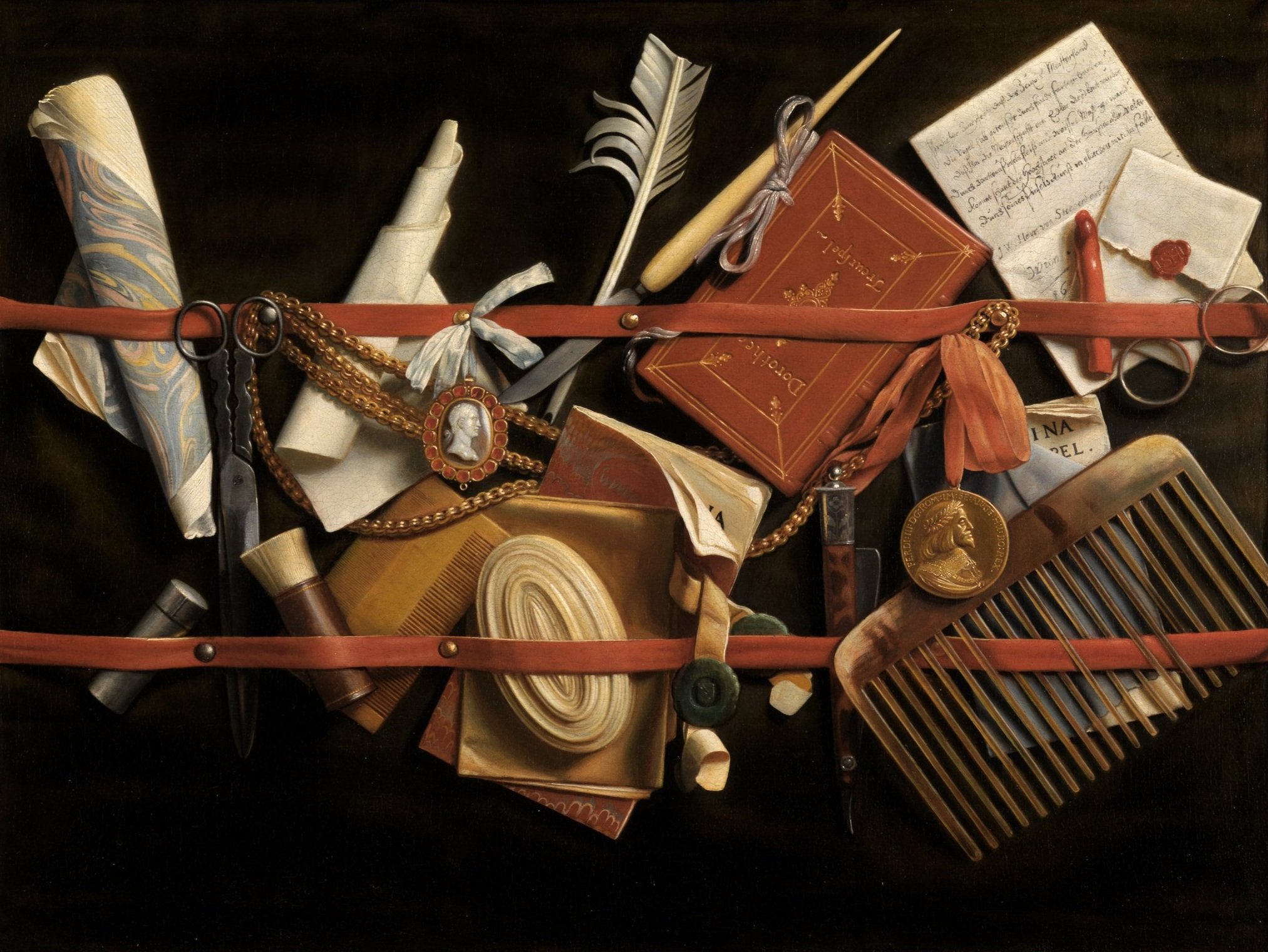Playing in the Shadow of Death

Playing in the Shadow of Death
Katy Bowser Hutson
On the Integral Spirit of Play
“It is not only possible to say a great deal in praise of play; it is really possible to say the highest things in praise of it. It might reasonably be maintained that the true object of all human life is play. Earth is a task garden; heaven is a playground.” — G.K. Chesterton
In July of 2017, I spent a glorious week studying poetry on Martha’s Vineyard on a scholarship for poets with young children. I wrote, walked along the shore, laughed with and learned from other poets and then ended my day in an artist's loft, where birdsong woke me in the morning. Afterwards, I took the ferry back to the mainland, where I spent the night with friends in Boston. That evening after I showered, I caught a glimpse of my chest in the mirror and did a double take. My right breast was hot, pink, and puckered. I googled. The only options that could apply to me were scary.
The next morning, I drove to Oil City, Pennsylvania to pick up my kids from my parents’ house en route to our home in Nashville. I decided this angry breast was concerning enough that I should go into the local hospital for a mammogram. As the technician clamped my breast into the machine, she brusquely informed me that the radiologist had just been about to leave. I was embarrassed—my hypochondria was throwing off everyone’s evening plans. A few minutes later, the tech came back for a second ultrasound. She was inexplicably tender, and less hurried. Maybe even motherly. I felt lightheaded: my body knew what was happening before my brain did.
*
I’ve been given strange mercies, sometimes. When something terrible is going to happen, God tips me off. Kind of like how I put my hand on my son’s knee when there’s going to be a jump-scare in a movie. One time, as I got in my car to meet a guy who was about to break up with me, Patty Griffin’s I’m Gonna Let Him Fly came on, and I knew. It didn’t soften the blow, really, but it helps to have a minute to grab a branch before a tsunami hits.
I sat alone in a white waiting room in my drafty gown. Questions and fear clouded the HEPA-filtered air, and God’s explicit nearness was closer than the buzzing in my ears. I pulled out a collection of my poetry that was still in my bag from Martha’s Vineyard. I’d written it seventeen years before, in my early twenties. I flipped through and landed on You Love Me?, a conversational wrestle where I put words in God’s mouth:
You have ravished my heart with one look of your eyes.
Treasure, take it for truth.
It courses through you that I am yours and you are mine
And I will come like chemo to kill so you can live
If need be, and it does.
It was the only place I had ever used cancer imagery in my writing. When the doctor with the clipboard came in, I already knew. I was grateful for the heads up before the jump-scare.
In the coming days, biopsies confirmed that I had an aggressive murderer in my body, inflammatory breast cancer. It sometimes multiplies over the course of days, and my oncologist was very clear: death was a real possibility. It was also a rare cancer: in some places at that time, patients were simply put in hospice. My doctor put me into treatment immediately, calling nurses in and snapping orders. Less than a week after Martha’s Vineyard, I was in chemo and praying for my life.
*
As I struggled to process my new identity as Katy with Cancer, levity helped me survive. My husband Kenny had a ridiculous Southern accent that he only used when we were waiting on appointments. My brother sent me an over-the-top red cosplay wig for my hairless head and I wore it to the grocery store to scandalize my mom. Before my double mastectomy, I got an oversized Rudolph the Red-nosed Reindeer costume so that when my kids saw me, my bandages and scars weren’t their first impression of my body.
Playful moments between scans and appointments felt like resistance. Was death going to steal all of my joy while I was alive, too? Something contrary reared up in me: I would not go gentle into that good night. Hell no. We would squeeze all the delight we could out of these days. But, play is not always fun and games.
I’ve concluded that what happened between God and I during my cancer treatment can best be described as playing deeply. Cancer is not a playful reality, It’s the opposite. Cancer kills living things. It is not creative, but moronically mundane. It copies, and copies, and copies. It is opposite to G.K. Chesterton’s description of a God who is strong enough to exult in monotony, creating daisies over and over with delight, perhaps saying, like a child, “Do it again!” with each budding daisy.
And yet, it was time to play tag with ideas, and I asked God to play a long game of hide and seek with me. Until then, I had believed that God was big and good. It was time to see if it was still true—there in that desolate landscape. I asked more honest questions, I listened for clues. I asked big, daring questions that I hadn’t made space for in my everyday life—and I waited for answers. I looked under rocks, I stood my assumptions on their heads.
Play is crucial. I have just enough Latin to know that crucial comes from crux: a cross. In the face of my own possible death, there was a crux, a crossroads. In the face of death, I knew God—this God who made me, whom I worshiped, the God with whom I had wondered, wrestled, grieved, and explored life for decades—was still there. However, would I still play with him? Could I, should I? If life as I knew it was ending, was God’s love really better than life, as the psalmist said?
From a Nazi prison, Dietrich Bonhoeffer wrote, “It is only the Christian who can play in the midst of desperate danger, pain and suffering because the Christian life is fundamentally lived within God, embraced in Christ.” The spiritual life involves very serious play.
*
Theologians and philosophers have argued for centuries that play is only play when it is agonistic— meaning, to some degree, suffering is involved. If it’s truly play, something could be lost or must be risked, whether it’s bragging rights, pennies, or a throne. And all parties must be willing to play. You can’t play with someone who doesn’t want to. Not really. Did I still want to play? Did God still want to play?
Two weeks later
I write in chemo
With Goldberg variations infusing through my headphones
Running down fear with beauty
With Traztusamab infusing through my body’s tunnels
Like some Cossack mob
Conquering and burning over-populating cells run amok
Bach’s Goldberg variations were, and still are, a place I go to settle my soul. They are orderly, pensive, and pleasing. They are also unpredictable. At the end of each delicate string of notes, I wonder where we will land. I never know where we will go. What I do know is that it will be pleasing, and it will be beautiful. Bach has proven to be a good playmate.
Playing with God invites us to the edges of what we know, what we believe about reality. Play theorist Miguel Sicart asserts that “Play has deep developmental purposes—perfecting the character and strengthening the soul. It is the way that the self develops itself. It is important that there is not a predictable outcome in terms of the game that is being played.”
I wrote through eighteen weeks of chemo, a double mastectomy, twenty-eight days of radiation that burned my skin off, having my ovaries removed, and the long, hard days of recovery. With each new low, I desperately, and honestly wrote before the face of God. When thoughts and fears piled up, I poured them out onto pages. Sometimes in lines and lines of my stream of consciousness filling an oversized blank page to the edges, sometimes in the safety of a sonnet. The pages admitted whispers and glimpses of God’s realm.
*
When it comes to entering play with Almighty God, Annie Dillard’s marvelous quote comes to mind: “It is madness to wear ladies’ straw hats and velvet hats to church; we should all be wearing crash helmets. Ushers should issue life preservers and signal flares; they should lash us to our pews. For the sleeping god may wake someday and take offense, or the waking god may draw us out to where we can never return.”
Sicart asserts that play is, at heart, autotelic: it is for its own sake. It is for the love of the game. And for what happens between those who are playing. When Jonathan Rogers (with whom conversation is play indeed) and I discussed play on his writing podcast The Habit, we pondered soccer for a minute. Playing soccer for health benefits will make you healthy, Jonathan asserted, but it won’t make you a good soccer player. Coach Ted Lasso, to the consternation of those around him, is far more interested in the lives of his players (and the owner, and the publicist, and the guy who cleans the uniforms and sweeps) than winning or losing. He loves the players, and he loves to see them fully alive, playing with all of their hearts. Even when it hurts, even when it means more immediate losses. Ted wants his team to win in soccer and life, and they love him for it, even when he drives them crazy. We play with God, the Playful One because he is more wonderful than anything and more loving than anyone, and he wants to play with us.
*
Another attribute of play, says Sicart, is appropriation: “To be playful is to appropriate a context that is not created or intended for play”. On a stormy sea after a very long day, Jesus stepped outside of physics, walking across the sea to catch up with his friends. Peter played back, daring Jesus to invite him out onto the water, and Jesus said, “Come”. Tell me Jesus wasn’t delighted. Wasn’t this playing with his disciples? He subverted the laws of nature to help his friends see reality rightly. That is the crux: God coming among us to draw us into play, to show us that reality is more than it seems. There is deeper joy to be had.
I’m nearing the end of a nine month season of spiritual exercises created by Ignatius of Loyola which uses imaginative prayer and meditation on scripture to draw near to God. Daily, we practice a triple colloquy: we talk with the Father, the Son, and the Holy Spirit, each. However, as we lead up to Jesus’s death and time in the tomb during Holy Week, we remove Jesus from our colloquy to imagine his absence.
I’ve spent months alongside Jesus as he grew up and made friends and enemies. Jesus, the best playmate, who came among us, giving us the truth by flipping things on their head, telling stories, surprising us by weaving filaments of Heaven into his broken Earth. Jesus, who rescued a great party, who blurred team lines and changed up the endings of stories we think we know. He is many other things, but no one is more playful than Jesus. He is a true playmate. He came within our limits, and he came willing to suffer. When I had to imagine there was no Jesus, I grieved like bewildered Mary at the tomb.
This world in its present broken and hurting state is not a playground. Except where it is. Which is to say, anywhere that God is at play in it. But the dimension of God (as N.T. Wright would put it) is heaven, a playground. Where God breaks in, he appropriates this task garden and invites us to play. Do we risk it? Like pianists in Ukraine returning to their bombed-out homes and playing concertos in rubble?
My storm, my season of cancer, is both an ebenezer and a memento mori. God is faithful. And, also, I will die. Life looks different than before, deeper for the chiaroscuro. Christ does indeed play in ten thousand places, including at the edge of all we know, and then he joyfully dares us to join him.
Katy Bowser Hutson
Author & Musician
Katy is a forming member of the children's band Rain for Roots. She is the author of the recently released Now I Lay Me Down to Fight, and is the co-author with Tish Harrison Warren and Flo Paris Oakes of Little Prayers for Ordinary Days, and a contributing author to It Was Good: Making Music to the Glory of God and Wild Things and Castles in the Sky. She lives in Nashville, Tennessee, with her husband, Kenny, and their two children.
Photography by Ray Chan




